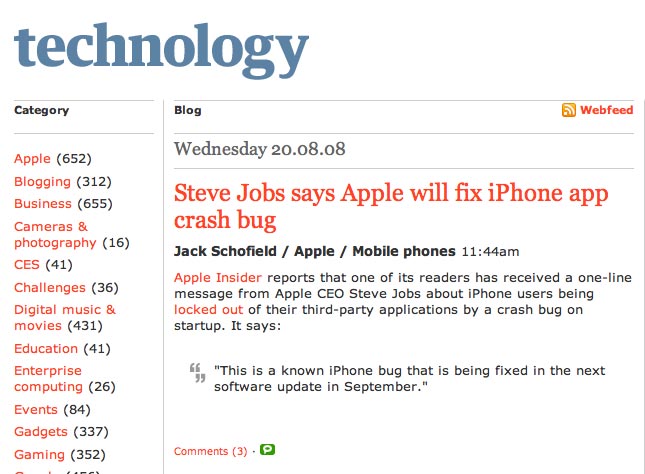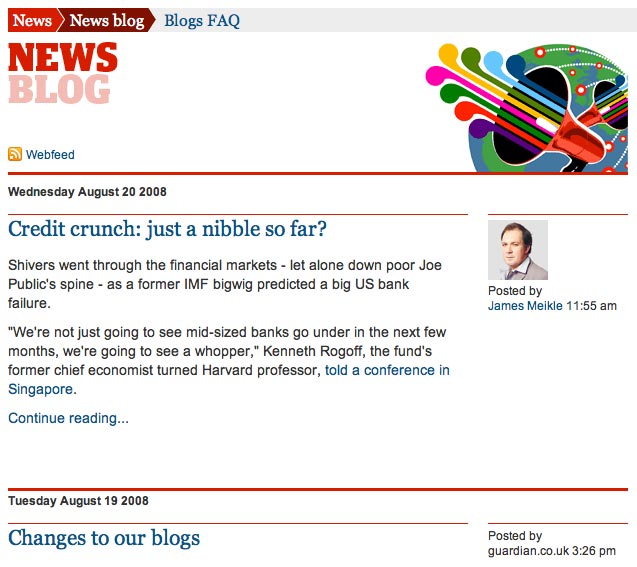This week’s Guardian Ethnic Media Summit, supported by Channel 4 and Spectrum Radio was the first of its kind. The event itself may be new, but the common theme of the day seemed to be, ‘weren’t we having these conversations 10 years ago?’
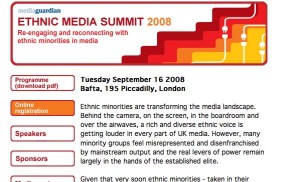
One of the speakers Claude Grunitzky talked about how the UK in 1996 had been a great place to be, to launch his magazine TRACE. Now, returning from the US – where he heads the TRUE Agency and the US edition of TRACE, and another publication TERRACE – he is not sure how much things have moved on. He went so far to say that the UK could be about 20 years behind in terms of ethnic representation in media. Ouch.
While many of the speakers focussed on the exciting times ahead for connecting with ethnic groups through social media (as we reported yesterday, Ofcom has found that the four main ethnic groups in the UK are using digital and online media more widely and diversely than the general population) there still seemed to be this pervading sense that some things hadn’t quite moved on.
News reporter Samira Ahmed, interviewed fellow Channel 4 colleague Aaqil Ahmed over his new appointment as the channel’s commissioning editor for religion and multicultural programming.
Her questions seemed to be weeding out whether this, too, might be a step backwards? After all, hadn’t the keynote speaker, Trevor Phillips, chair of the Equality and Human Rights council, just said that terms like ‘multicultural’ were dead?
“The feeling was that we need a champion,” Aaqil Ahmed answered. “The individual commissioning editors still want to make multicultural content, but alongside that I have a dedicated role.”
His advice, however, to young people from ethnic groups is to make other kinds of films before they try and reflect specific religious or ethnic content. He also cited BBC’s ‘Who Do You Think You Are?’ as one of the best multicultural programmes on television.
You can listen to the interview in full here (23 mins):
[audio:http://www.journalism.co.uk/sounds/AAquilAhmed.mp3]
Various panel debates, with some big names in the ethnic (and mainstream) media world, discussed just exactly where we’re at, in terms of ethnic media: that’s on screen and off. Debates flitted between portrayal, participation and recruitment. It seems one feeds into the other.

Although actress and comedian Meera Syal and Observer news editor Kamal Ahmed didn’t show up, there were a host of other interesting people to listen to, among them: a panel of inspiring young people who have been involved in Live magazine through the Livity project; Leslie Bunder the founder of the SomethingJewish network (pictured above, courtesy of Richard Cooke, Guardian News and Media); Parminder Vir OBE, the award winning film and television producer; Joseph Harker, assistant comment editor at the Guardian; and Jay Kandola, director of acquisitions at ITV (but also previously at BBC, Channel 4 and 5).
Blogger and Asians in Media editor, Sunny Hundal, managed the proceedings, with lots of his own questions thrown in. Guardian.co.uk editor-in-chief Emily Bell joked that Comment is Free would be very quiet with Sunny’s absence for a day. Trevor Phillips’ keynote speech (pictured below, courtesy of Richard Cooke, Guardian News and Media) made particularly interesting listening: you can read the Guardian’s coverage here.
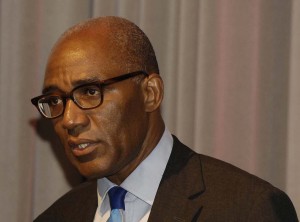
So: will things have moved on by next year? The big questions raised were how to best monetise ethnic media, do terms like ‘multicultural’ have a role in ethnic media, and how do you penetrate mainstream media with its very narrow horizons? Some speakers said that there was no point just replacing white, socially well-off, Oxbridge males with Oxbridge socially well-off males from ethnic backgrounds – issues of class representation were raised too.
In the very last panel debate about digital reinvention, Milica Pesic, from the Media Diversity Institute raised a good point: what’s the point of a panel all agreeing with each other? Next time, she wants the culprits who consistently misrepresent ethnic groups in the media up on the stage too. Hear, hear, I say. Let’s get the editor who commissioned the story about Polish people hunting swans up on the stage with the editor of Polot.co.uk, Julita Kaczmarek, and really get the debate going.
Finally, a small point picked up from Norrie, a blogger from Leith FM, a Scottish community radio station. He was invited to the Guardian’s Ethnic Summit too, but found the pricing scheme (even at the cheapest rate it was £364 per person) a little bit off-putting and not quite as inclusive as you might expect from an event about, well, inclusion.
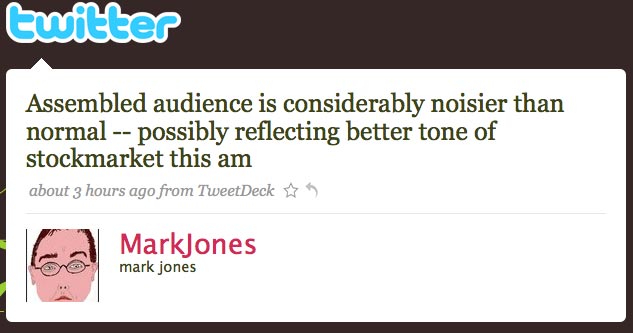 There was also video of the PM’s announcement originally livestreamed on Reuters’ website – including a handy dropdown menu that lets you skip through the clip to different key moments.
There was also video of the PM’s announcement originally livestreamed on Reuters’ website – including a handy dropdown menu that lets you skip through the clip to different key moments.



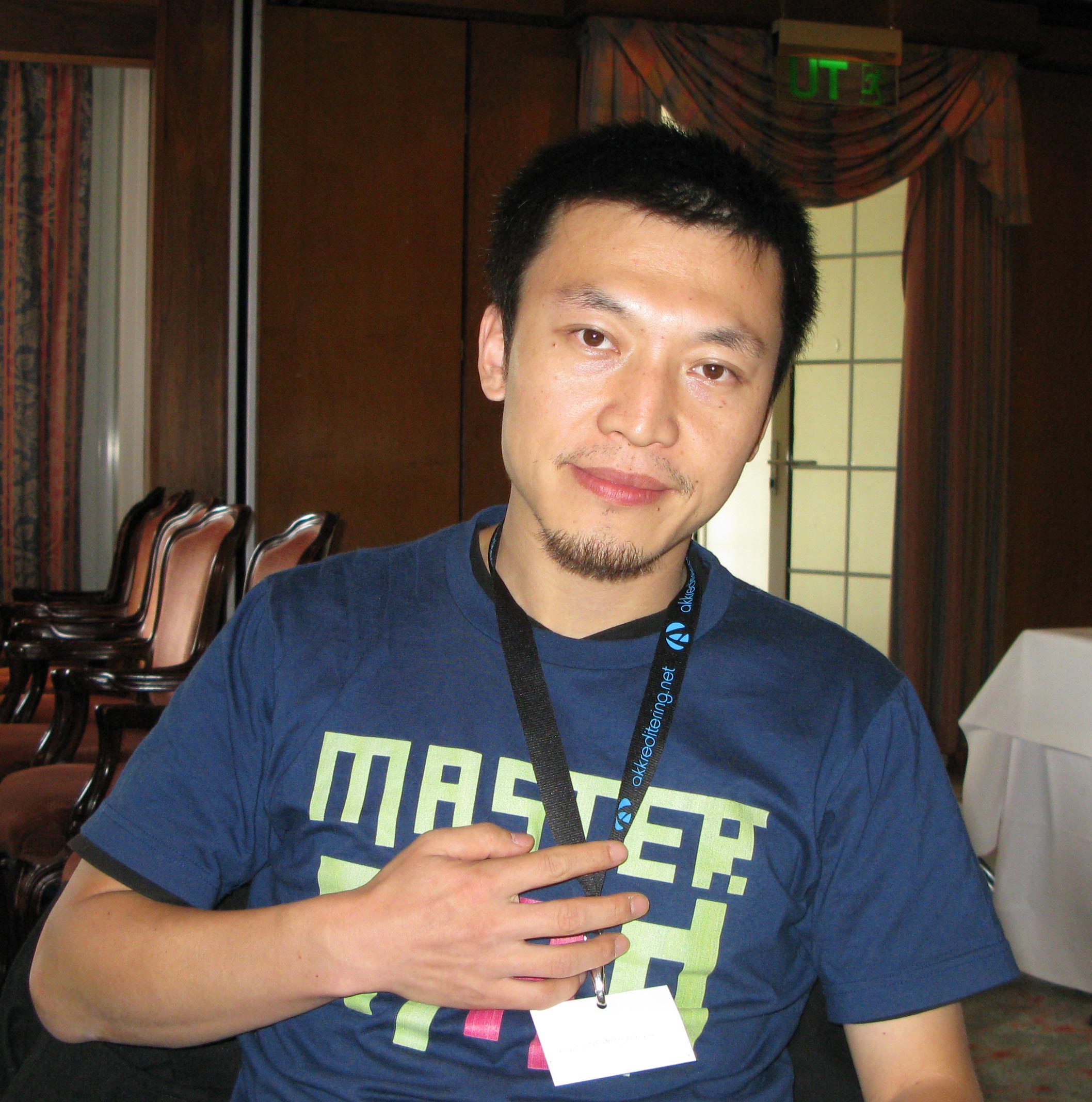 Isaac Mao, who is often referred to as China’s first blogger (pictured right) and has watched bloggers slowly changing China’s media landscape for the better, found the absence of livebloggers and users of microblogging sites such as Twitter surprising.
Isaac Mao, who is often referred to as China’s first blogger (pictured right) and has watched bloggers slowly changing China’s media landscape for the better, found the absence of livebloggers and users of microblogging sites such as Twitter surprising.
